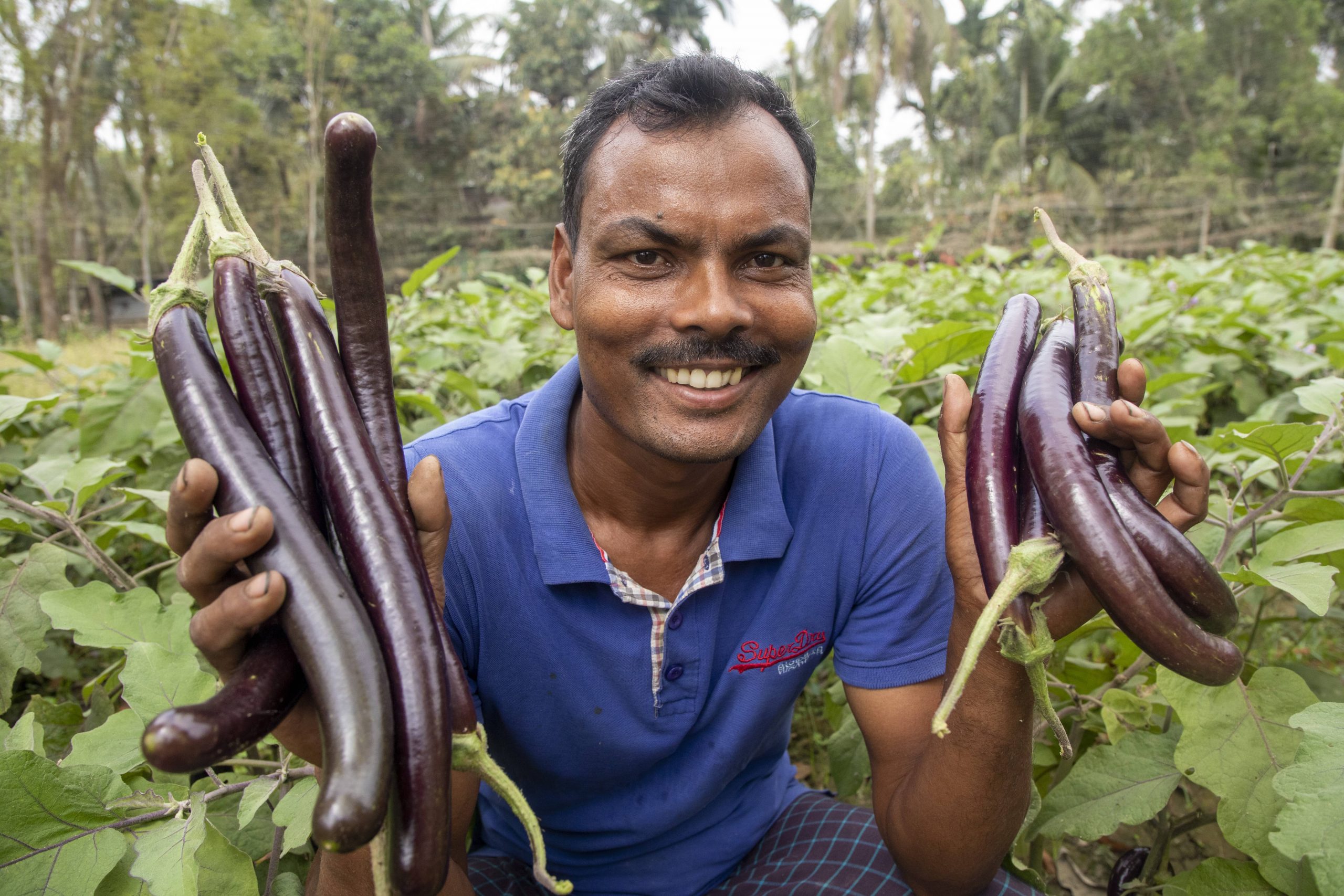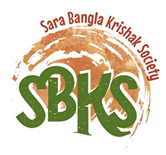Published by: Devex

The Sara Bangla Krishok Society, a nationwide family farmers’ group in Bangladesh, is assisting hundreds of farmers in navigating the COVID-19 dilemma. It opened 57 virtual call centers in May to assist farmers in finding markets for their produce and stores to purchase necessary equipment and services. The centers also provide advice on how to be safe in the event of a pandemic.
Farmers’ organizations like the Sara Bangla Krishok Society are critical in giving a way out of the COVID-19 issue since the coronavirus exacerbates the crises that small-scale farmers are already facing, such as climate change and severe pest outbreaks.
To grasp the significance of farmers’ groups at this time, we must consider how the epidemic is exposing the global food system’s flaws.
The current food system’s instability stems from a lack of adequate and suitable government investment in agriculture, particularly among small-scale farmers. Agricultural policies have encouraged high-cost imports in recent years, rather than ensuring that farmers have access to and control over the tools they need to farm. These policies have had a particularly negative impact in low- and middle-income countries.
Southern African countries have become increasingly exposed to global economic shocks as they have become more reliant on imported hybrid seeds and petrochemical fertilizers rather than sustainable farming practices. Farmers are now constrained in how much they may grow and harvest in the following season due to COVID-19 regulations limiting imports. In addition, they are struggling with rising costs across the board.
